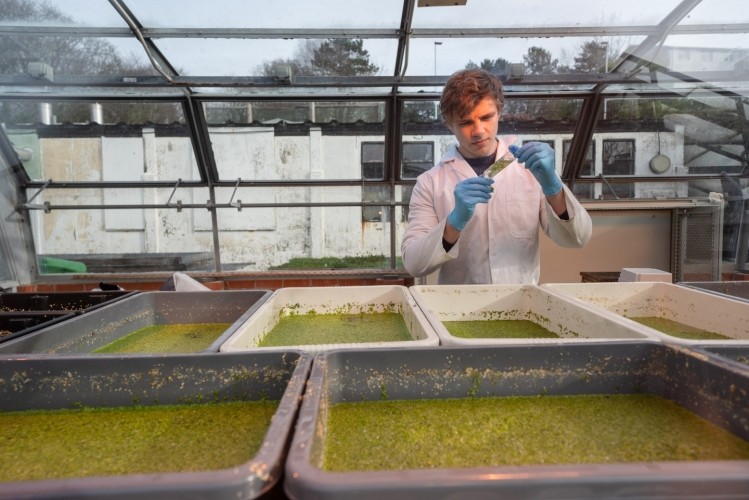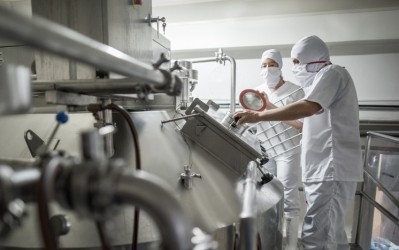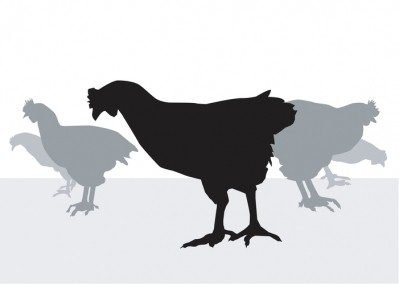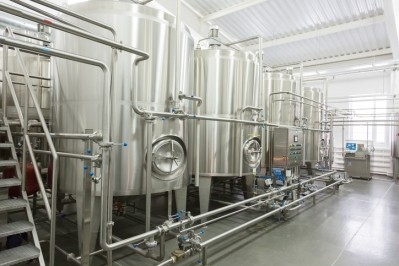Duckweed highlighted as potential protein source for use in animal feed

This is the view of Dr Dylan Gwynn-Jones, who is leading an Aberystwyth University Department of Life Sciences research project, studying how slurry and wastewater from the beef and dairy industries could be used to grow duckweed to be used in livestock animal feed.
The project applies the teams’ knowledge of hydroponics and waste management to develop plant growth systems supplied with nutrients sourced from animal waste.
Duckweed is described as a ‘miracle plant’ due to its fast-growing nature and ability to clean wastewater.
Dr Gwynn-Jones told Feed Navigator: “Over the last 12 months the appetite has grown even more because of the current situation of fuel, feed, and fertilizer costs. Consequently, having a source of protein that can be produced by using a resource on the farm is a real positive.”
He added: “We are in a situation where any innovation is now considered because the alternatives are extremely costly. There is a bigger desire purely because of the situation we are in. We are struggling with feed in terms of carbon footprint and also volatility of prices.”
Benefits
The outcome of this project by researchers at Aberystwyth University and University College Cork (UCC) could benefit the beef and dairy producers by reducing their reliance on importing protein-rich feed such as soy.
Dr Gwynn-Jones explained that duckweed is high in protein and that its wastewater cleansing properties could also help improve water quality in rivers and coastal areas. “We are interested in the environmental impact but also the yield of the protein,” he added.
He admitted that there may be concerns around the safety of using wastewater and slurry but said there may be a way of retreating the duckweed.
“The next phase will be to look at processing and in terms of making it work,” he added.
“Now we are optimizing the system and the next phase is to work with feed companies to see what the scope is. We are optimistic that this has scope.”
Dr Gwynn-Jones added that the researchers are keen for farmers and the wider agriculture sector to get involved in the project.
The €1.46m Brainwaves project is part-funded by €1.16m from the European Regional Development Fund through the Ireland Wales Cooperation Program. It builds on previously successful collaborations between Aberystwyth and Cork Universities.
FeedNavigator previously reported on duckweed based research undertaken at UCC.








